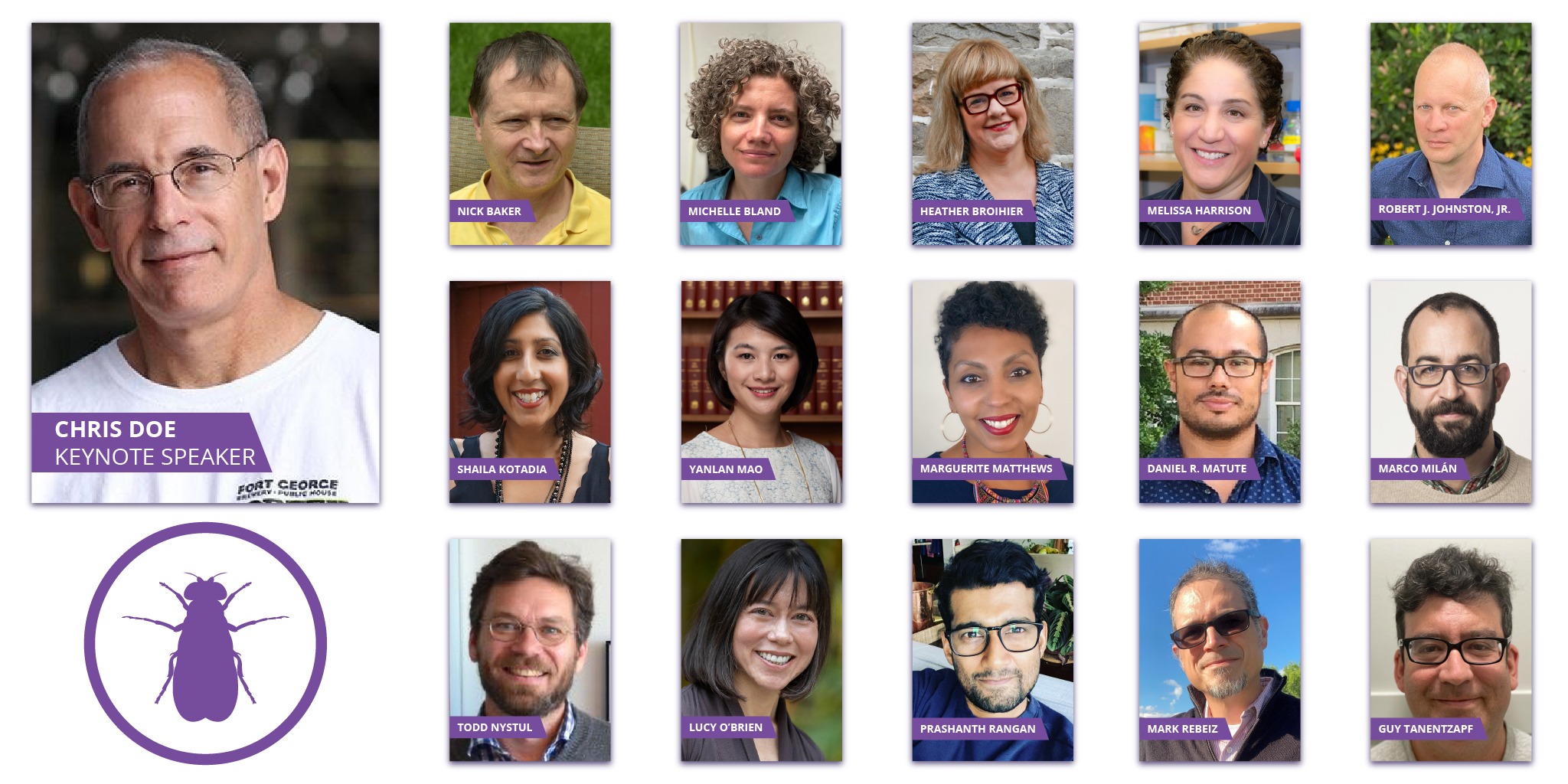
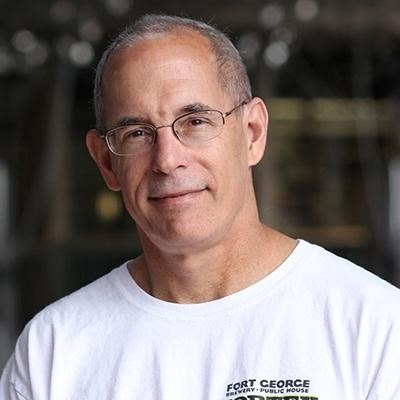
Chris Doe
Keynote Speaker
Chris Doe studies the assembly of the nervous system in Drosophila, a process which begins with neural stem cells called neuroblasts. Doe and his team examine how neuroblasts produce a diverse array of neurons, and how the neurons “wire up” to form circuits that generate locomotion and navigation behaviors. The team’s goal is to understand the developmental rules that underlie the assembly of neural circuits, which may someday help clinicians to direct human stem cells to form the precise types of neurons needed to repair injured or diseased brains.
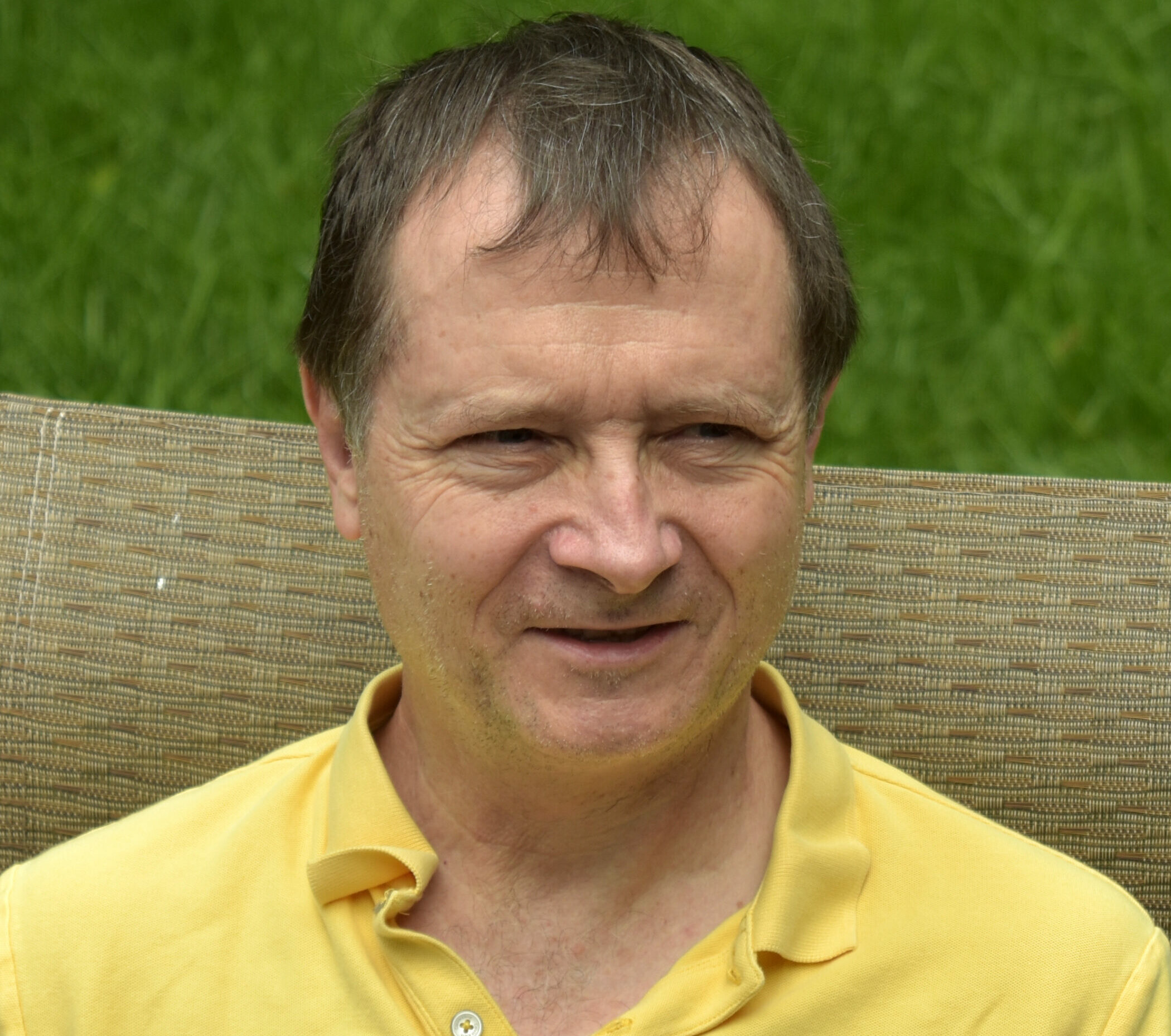
Nick Baker
Nick Baker (he/him/his) is Professor of Genetics at the Albert Einstein College of Medicine in New York. His interest in Drosophila was spurred by the idea that imaginal discs could be used to identify mechanisms of positional information. After cloning and characterizing the wingless gene and working on Drosophila eye development, his interests expanded to include how cell interactions control cell proliferation and survival. His group has characterized the process of cell competition, whereby abnormal cells are eliminated from mosaics, revealing novel responses to ribosome defects and a mechanism to recognize and eliminate aneuploid cells on the basis of altered Rp gene dose.
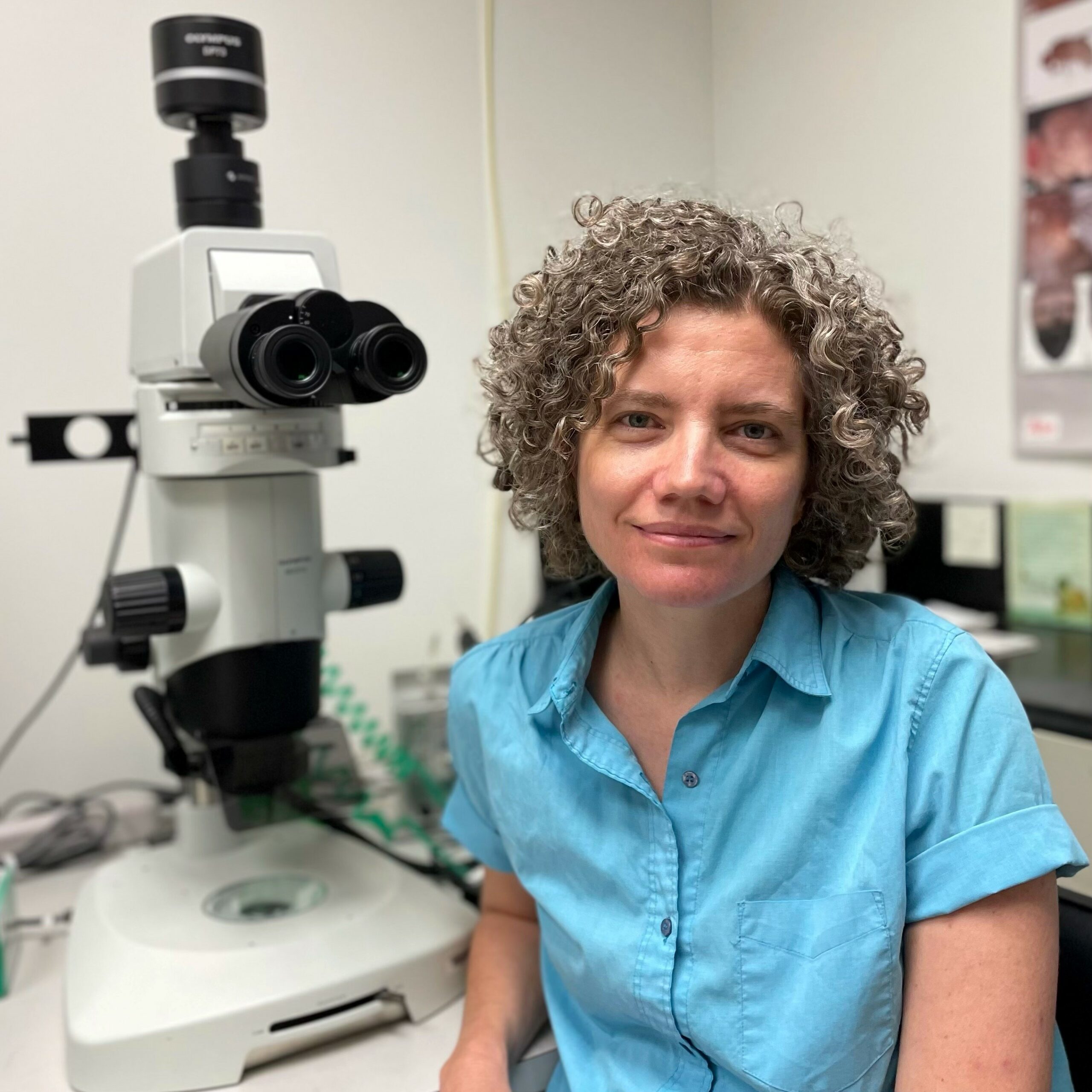
Michelle Bland
Michelle Bland is an Assistant Professor in the Department of Pharmacology at the University of Virginia in Charlottesville. Her lab uses Drosophila to investigate regulation of growth and metabolism by environmental stimuli. A major focus of the lab is to understand how hormones are regulated by stressors such as infection and starvation to control anabolic processes.
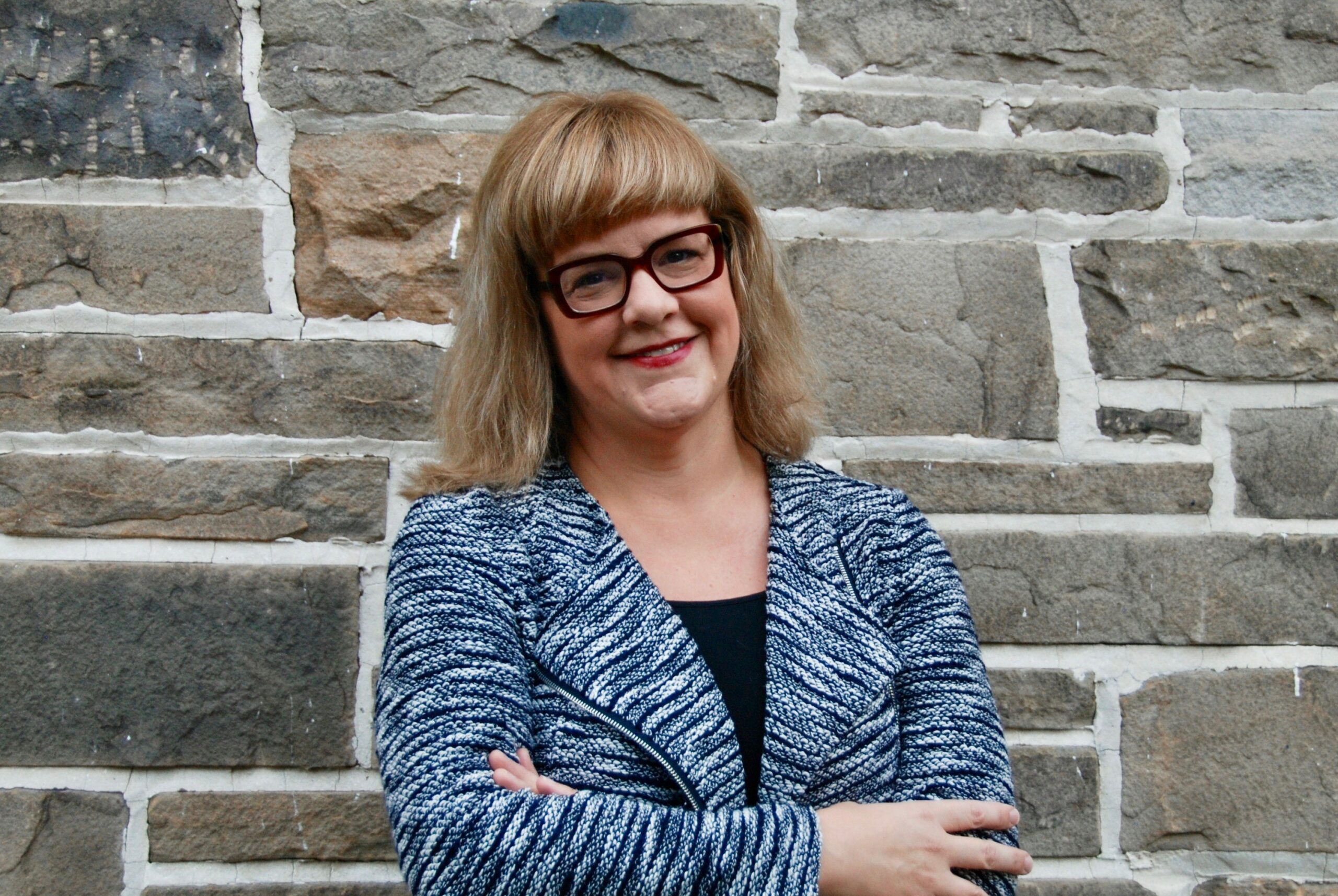
Heather Broihier
Heather Broihier (she/her) is an Associate Professor in the Department of Neurosciences at Case Western Reserve University School of Medicine and the Director of the Graduate Program in Neuroscience. She first became enamored with Drosophila and the Drosophila community at the 1991 Annual Drosophila Research Conference (also in San Diego!) as a first-year graduate student in Ruth Lehmann’s lab. She took her training in developmental genetics and applied it to the nervous system, where her lab investigates how conserved intercellular signaling pathways are tailored for signaling in the synaptic microenvironment. They focus on how synaptic signals modulate synapse assembly and disassembly during development and how these signals are dysregulated in disease.
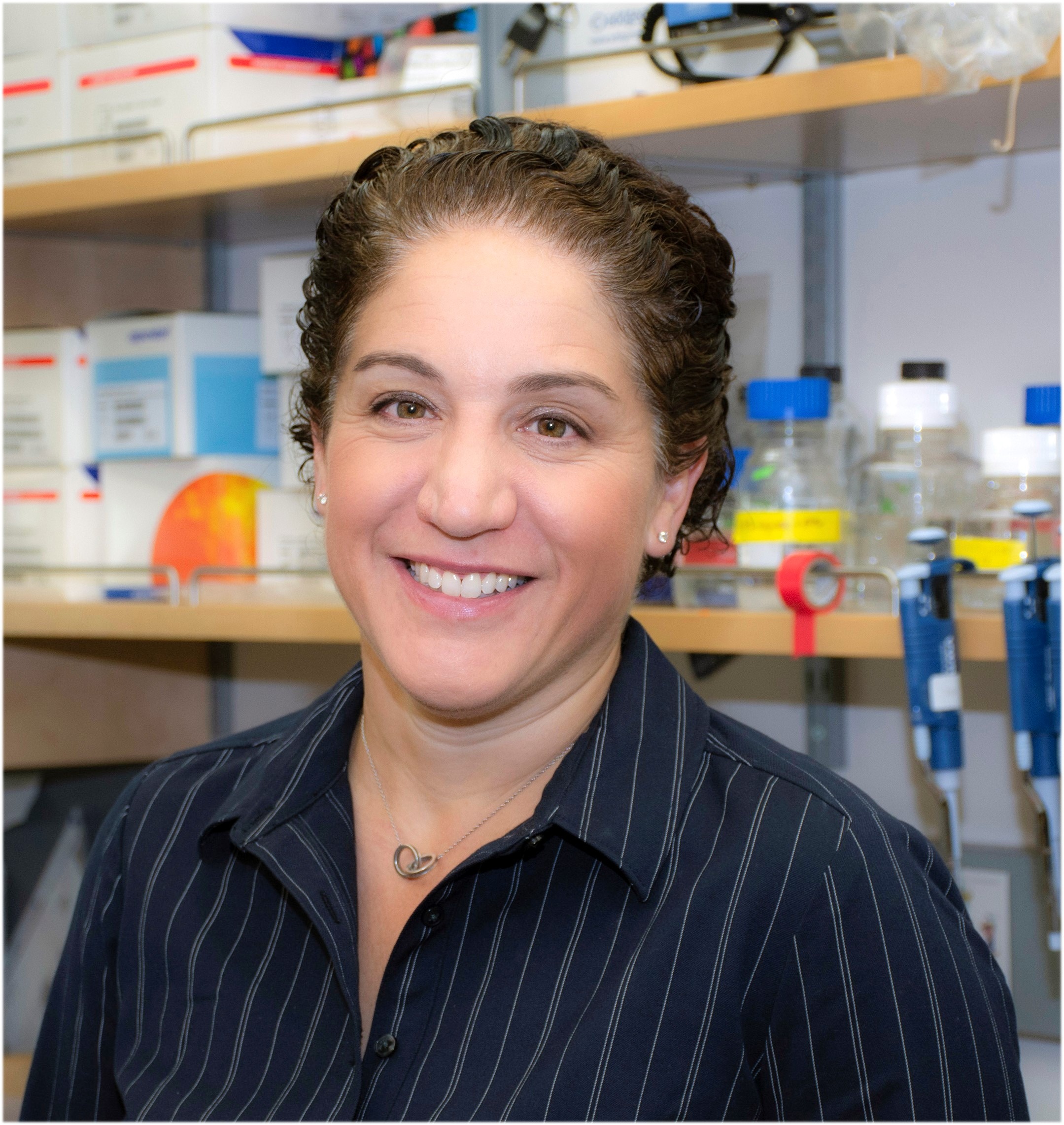
Melissa Harrison
Melissa Harrison is an Associate Professor in the Department of Biomolecular Chemistry at the University of Wisconsin-Madison. Her lab investigates how the genome is differentially interpreted during development and how mis-regulation can lead to disease. Their work takes advantage and builds upon the wide array of tools available in Drosophila to understand transcriptional regulation of conserved developmental transitions. They have defined essential roles for specialized transcription factors that establish the regulatory landscape in the early embryo and neural stem cells.
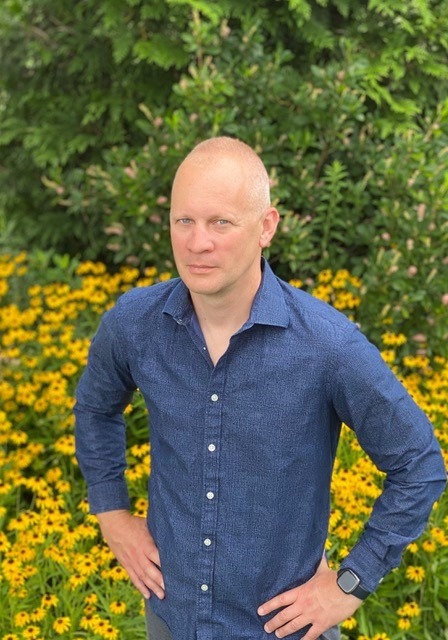
Robert J. Johnston, Jr.
Robert J. Johnston, Jr. is an associate professor in the Department of Biology at Johns Hopkins University. The goal of his research program is to understand the developmental mechanisms that underlie vision. The Johnston lab studies highly divergent fruit fly and human retinal organoid systems to identify fundamental mechanisms that specialize neuronal function. His studies uncovered an antagonistic relationship between noisy transcription and chromatin compaction that produces the random mosaic of photoreceptors in the fruit fly eye. The Johnston lab identified signaling mechanisms that specify subtypes of light-detecting cone photoreceptors and information-transmitting retinal ganglion cells in human retinal organoids.
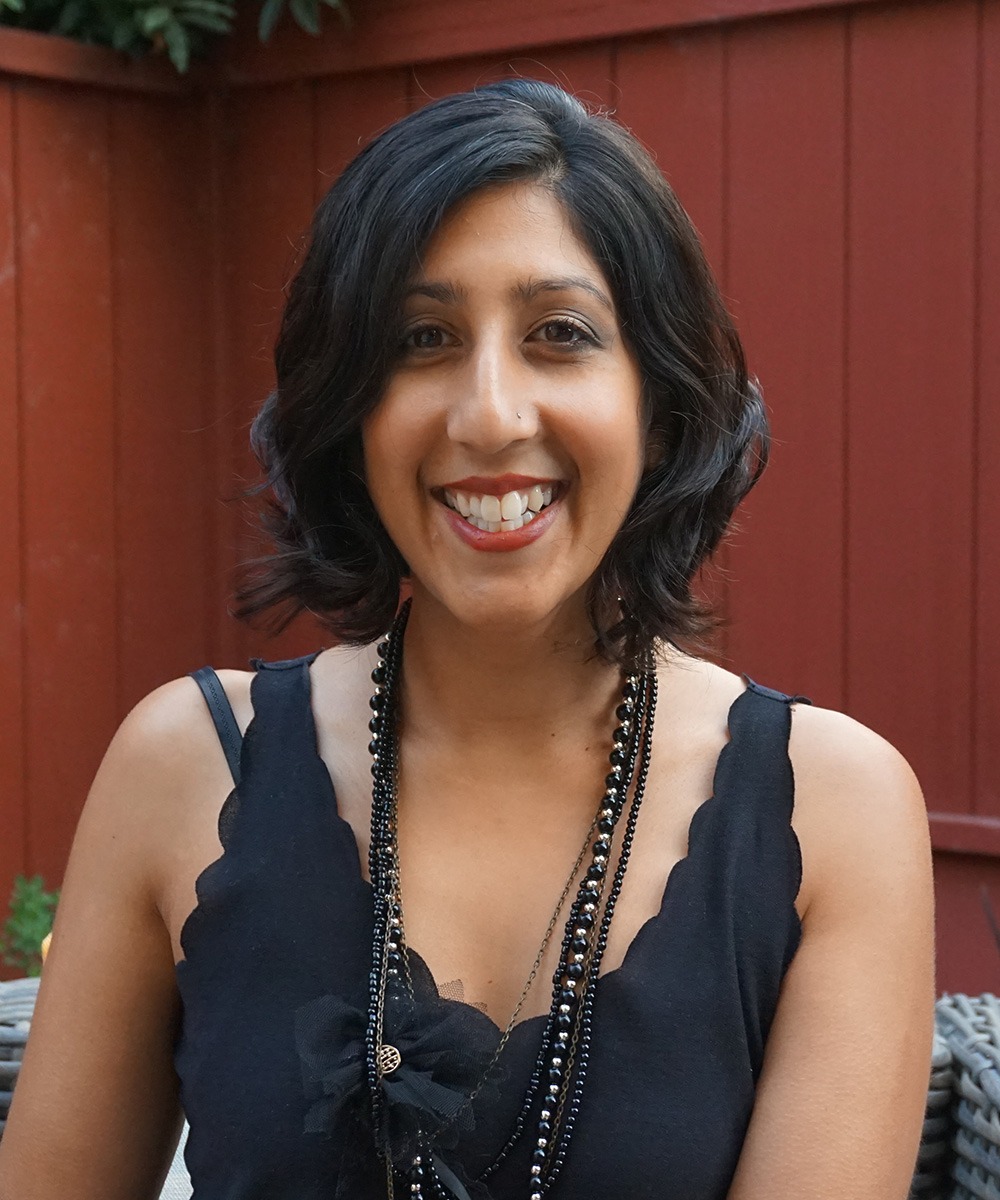
Shaila Kotadia
Shaila Kotadia is the Director of Justice, Equity, Diversity, and Inclusion (JEDI) for Stanford School of Medicine’s Human Resources Group where she provides guidance on building JEDI into institutional systems and structures. Dr. Kotadia’s experience in higher education has focused on the integration of JEDI activities across all constituencies, from students/trainees to staff to faculty. In her current role, she is charged with implementing institution-wide JEDI strategic plans for staff, including education and facilitation around JEDI topics, leading ongoing institutional assessments, reviewing HR policies and processes, building communication processes, and creating relationships across silos in an effort to increase organizational effectiveness. Prior to her arrival at Stanford, Dr. Kotadia led the STEM Equity and Inclusion Initiative at the University of California, Berkeley. In her scientific career, Dr. Kotadia received a PhD in Genetics and Development from the University of Texas Southwestern Medical Center where she studied centrosome duplication in Drosophila melanogaster and completed a postdoctoral fellowship at the University of California, Santa Cruz on cell division and chromosome segregation in Drosophila.
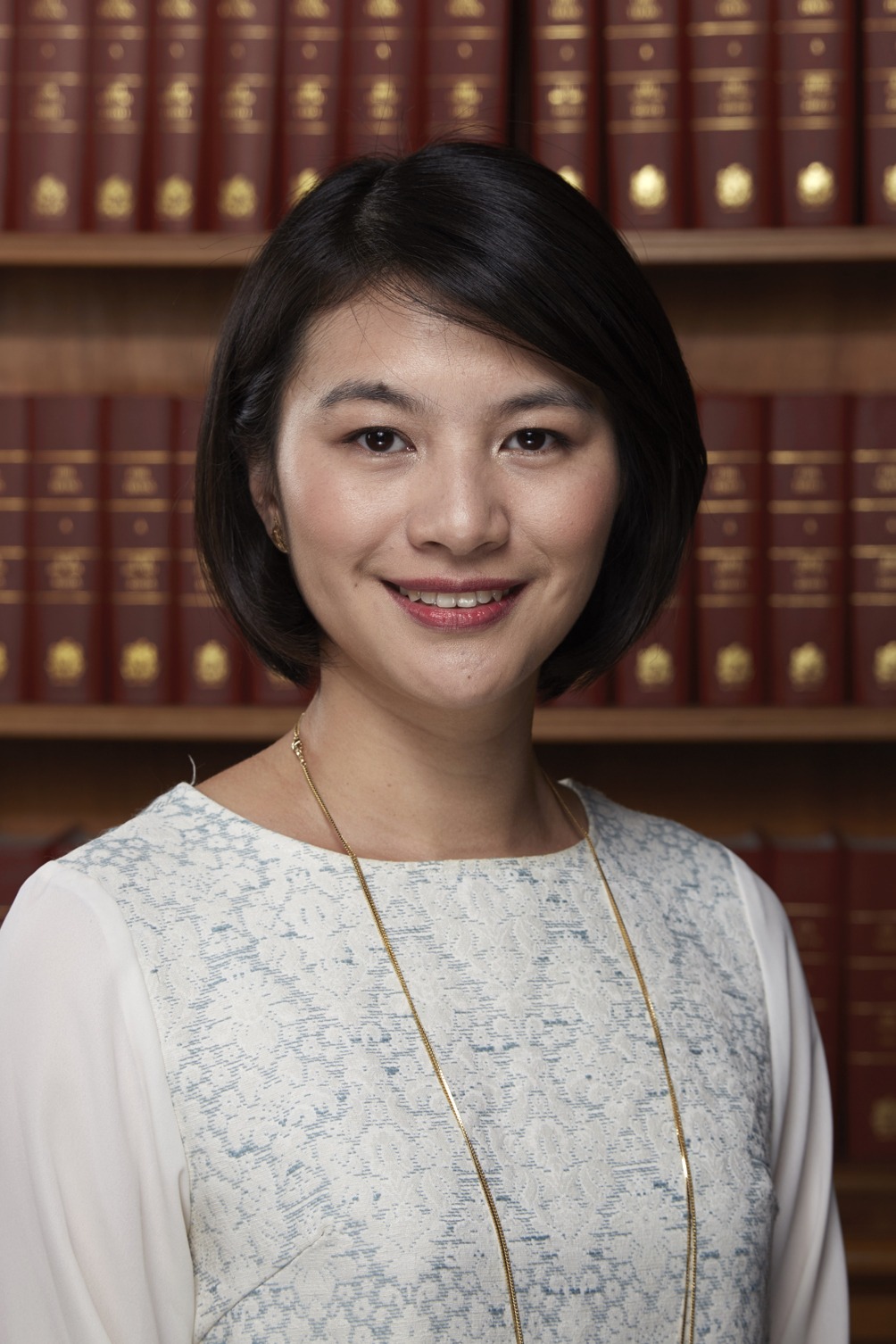
Yanlan Mao
Yanlan Mao is a Group Leader and Associate Professor at the MRC Laboratory for Molecular Cell Biology at the University College London (UCL), UK and Deputy Director of UCL’s Institute for the Physics of Living Systems. Her lab uses an interdisciplinary approach, combining Drosophila genetics, advanced imaging, machine learning, biophysics, engineering and mathematical modelling, to study the role of mechanical forces in tissue development, homeostasis, and repair—in particular how 3D tissue architecture is established and maintained throughout life. She was selected to join the EMBO Young Investigator Programme in 2018 and was recently awarded the BSCB Women in Cell Biology Early Career Medal.
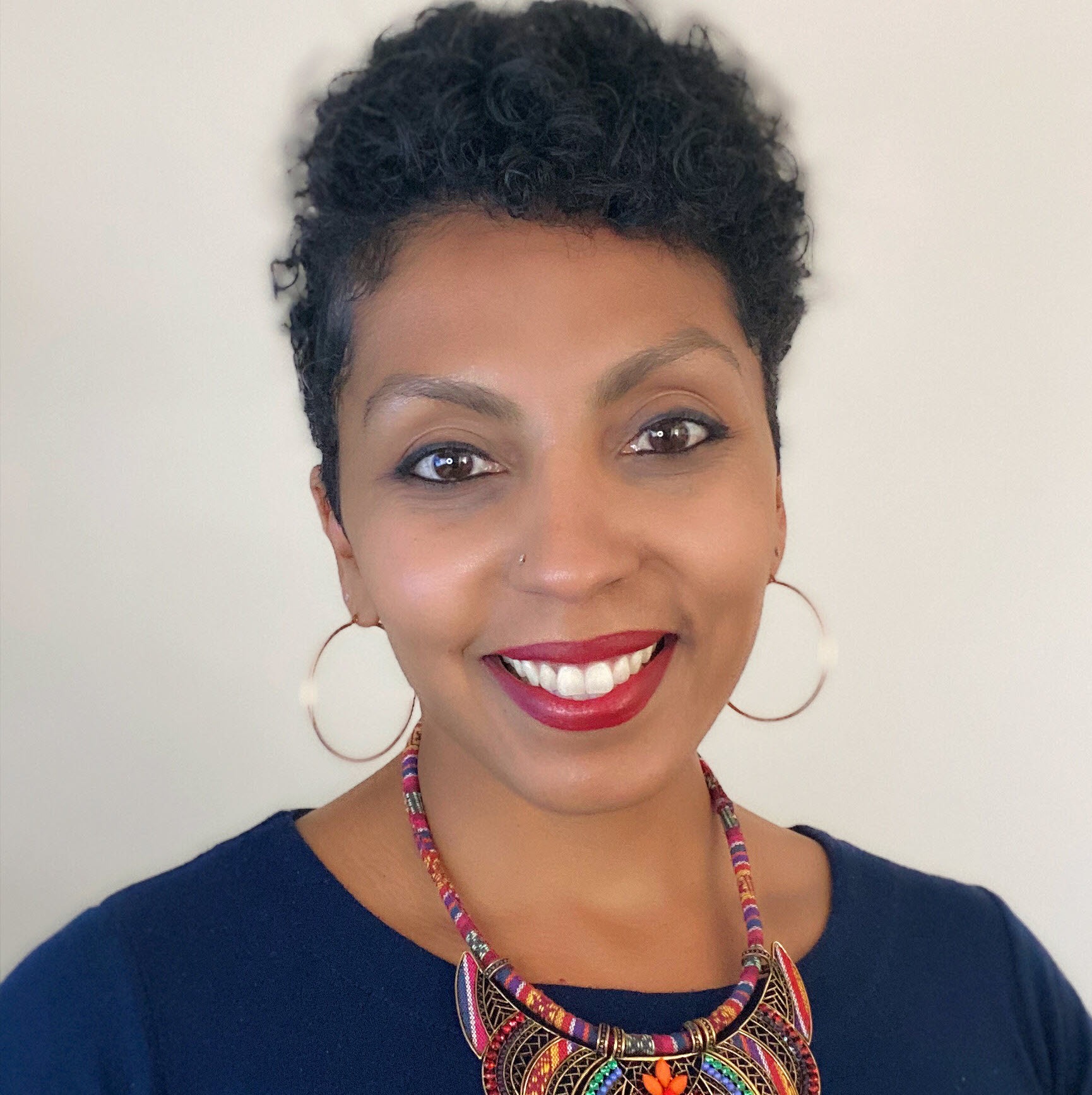
Marguerite Matthews
Marguerite Matthews, PhD, is a Scientific Program Manager in the Office of Programs to Enhance Neuroscience Workforce Diversity at the National Institution of Neurological Disorders and Stroke. She manages the Research Supplements to Support Diversity and Re-Entry/Re-Integration. She also handles inquiries related to the Predoctoral Fellowships to Promote Diversity in Health-Related Research (F31), the NIH Blueprint Program for Enhancing Neuroscience Diversity through Undergraduate Research Education Experiences (BP-ENDURE, R25), the NIH Neuroscience Development for Advancing the Careers of a Diverse Research Workforce (R25), and “Appropriate Representation” guidance for R13 Conference Grants.
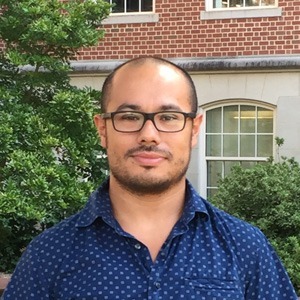
Daniel R. Matute
Daniel R. Matute is an Associate Professor of Biology at the University of North Carolina, Chapel Hill. His group uses natural history, genomics, and experimental evolution to understand how new species form. Projects in the lab currently focus on the evolutionary processes that lead to species divergence with a heavy emphasis on the study of Drosophila. The group also studies speciation and hybridization on multiple taxa ranging from fungi to plants.
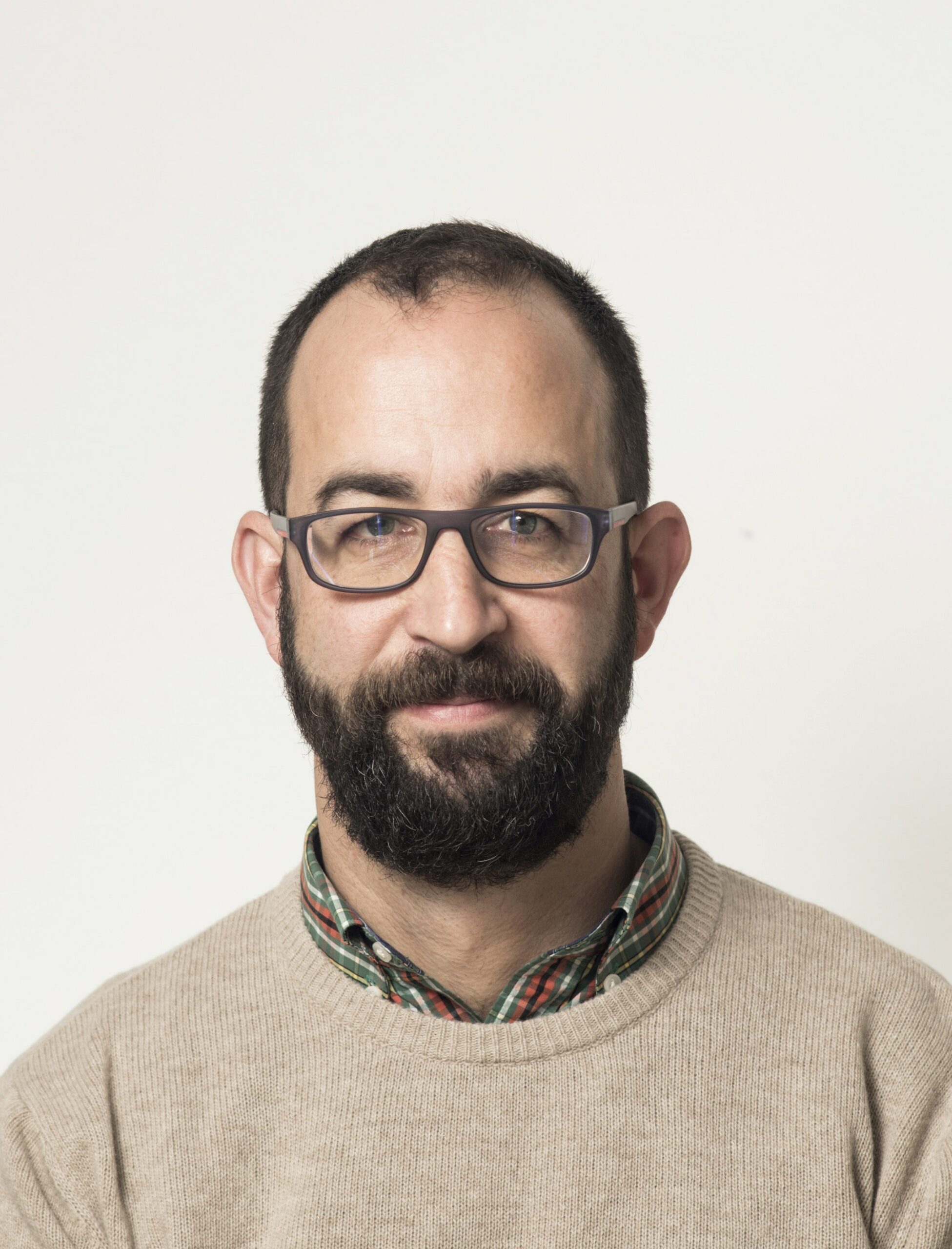
Marco Milán
Marco Milán is an ICREA Research Professor and leads the Development and Growth Control Laboratory at the Institute for Research in Biomedicine in Barcelona, Spain. In the 90s, he joined the laboratory of Professor Antonio García-Bellido to carry out a PhD and was Staff Scientist in the lab of Stephen Cohen at the European Molecular Biology Laboratory in Heidelberg (Germany). Since 2003, his lab has been using the Drosophila wing to dissect, at the genetic and molecular level, the role of morphogens, systemic hormones and signaling molecules in the regulation of tissue growth during normal development and under stress conditions. In the last decade or so, his lab has started to use the wing epithelium as a model system to address the tissue biology of chromosomal instability (CIN), an increased rate of changes in chromosome structure and number, and a feature of most, if not all, solid tumors. Tumor-like cellular behaviors such as cell delamination, invasiveness or cell senescence to cause malignancy are currently characterized at the genetic and molecular level.
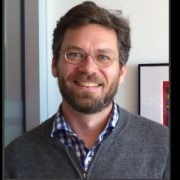
Todd Nystul
Todd Nystul is an Associate Professor in the Departments of Anatomy and OB-Gyn/RS at the University of California, San Francisco. His lab uses the Drosophila ovary as a model to understand how epithelial stem cells function within their native, in vivo environment. He is also Co-Director of the Developmental and Stem Cell Biology PhD Program at UCSF and recently co-founded a new postbaccalaureate program, PROPEL, that provides scientific and career development training for scholars from historically underrepresented backgrounds. Through these leadership positions, he has been involved in several initiatives to promote equity and inclusion on the UCSF campus and increase the diversity of the scientific workforce at UCSF. He is also helping to lead a larger effort at UCSF that is using data-driven approaches and qualitative assessments to implement strategies for reducing or eliminating institutional barriers to success that disproportionately affect early career scientists from minoritized communities.
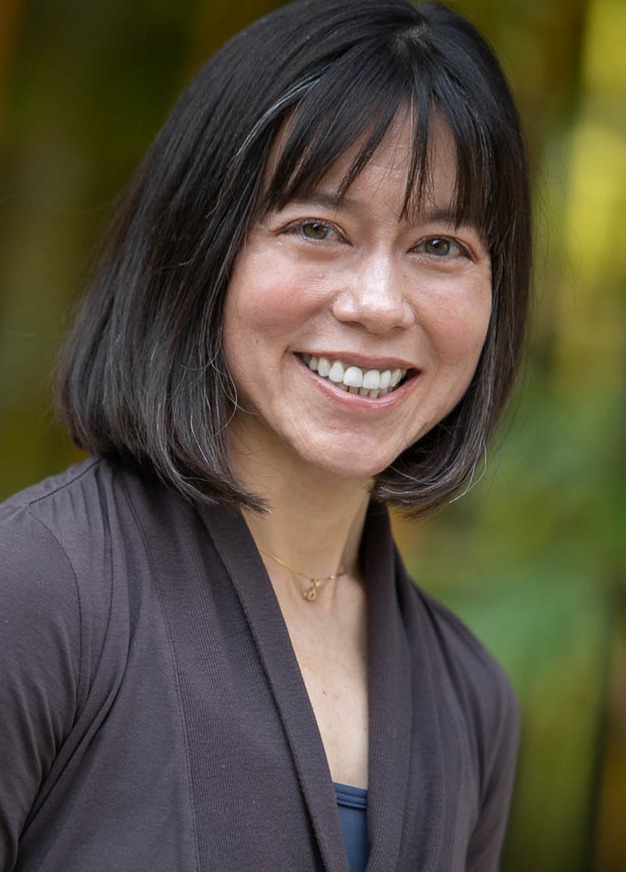
Lucy O’Brien
Lucy (she/her/hers) is an Associate Professor in the Department of Molecular and Cellular Physiology at Stanford School of Medicine. She is also a self-professed “epitheliac”—obsessed with how self-renewing epithelial tissues maintain form and function throughout the unpredictable demands of an animal’s lifetime. Lucy entered the Drosophila universe during her postdoc at the University of California, Berkeley with David Bilder and has never looked back. Her research focuses on how diverse behaviors of individual stem and differentiated cells merge to create coherent, healthy tissues at the organ scale, and how environmental change transforms individual cell behaviors to alter organ state.
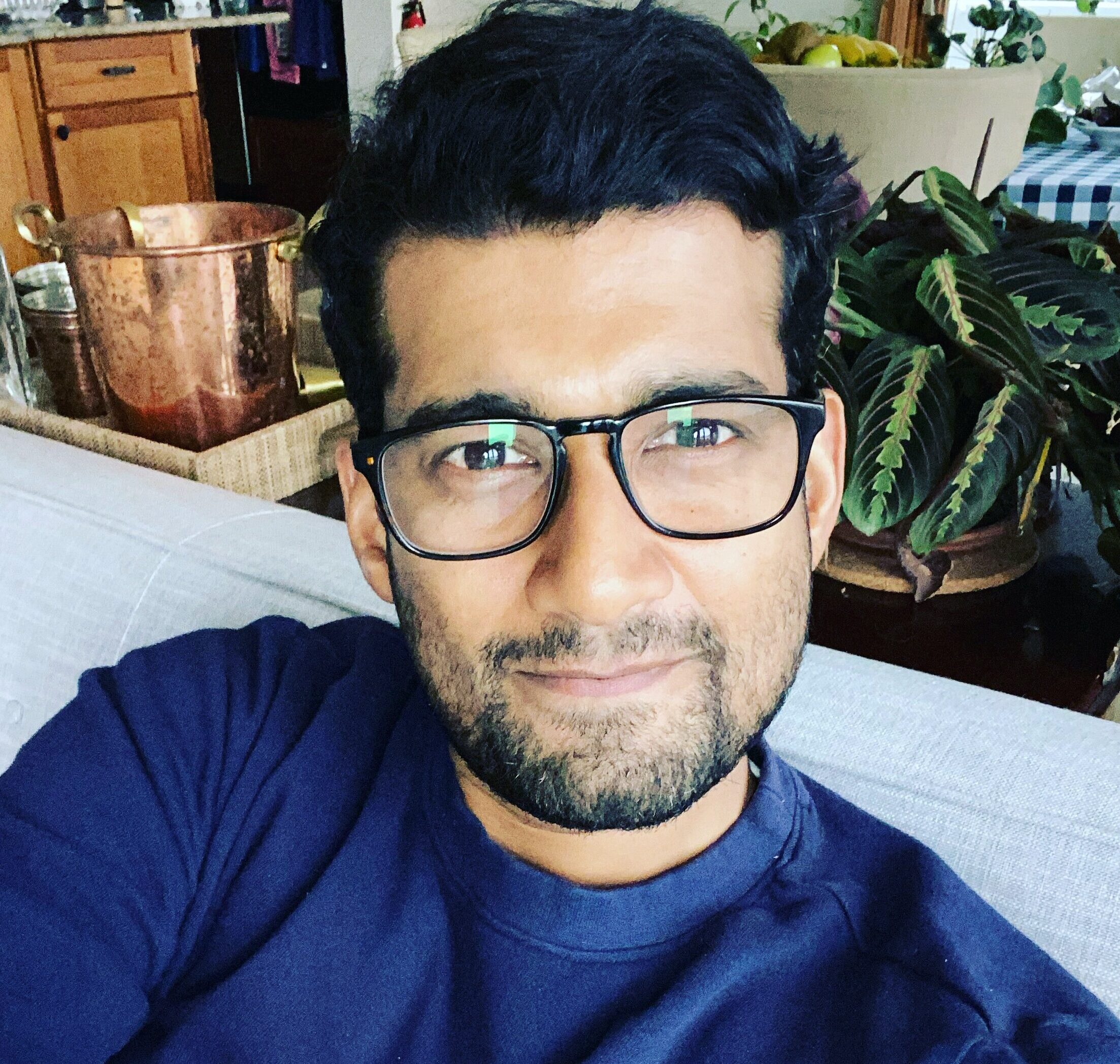
Prash Rangan
Prashanth Rangan is an Associate Professor of Cell, Developmental, and Regenerative Biology at the Icahn School of Medicine at Mount Sinai. His team studies the genetic basis of female fertility using Drosophila oogenesis as a model system. Germ cells differentiate to produce an oocyte, which upon fertilization can launch an entire organism. His lab research program focuses on how germ cells transition into an oocyte. They have discovered a programmatic transition, which includes a broad transcriptional reprogramming, specialized translation, and RNA degradation programs that are required to repress a germ cell fate and initiate an oocyte fate.
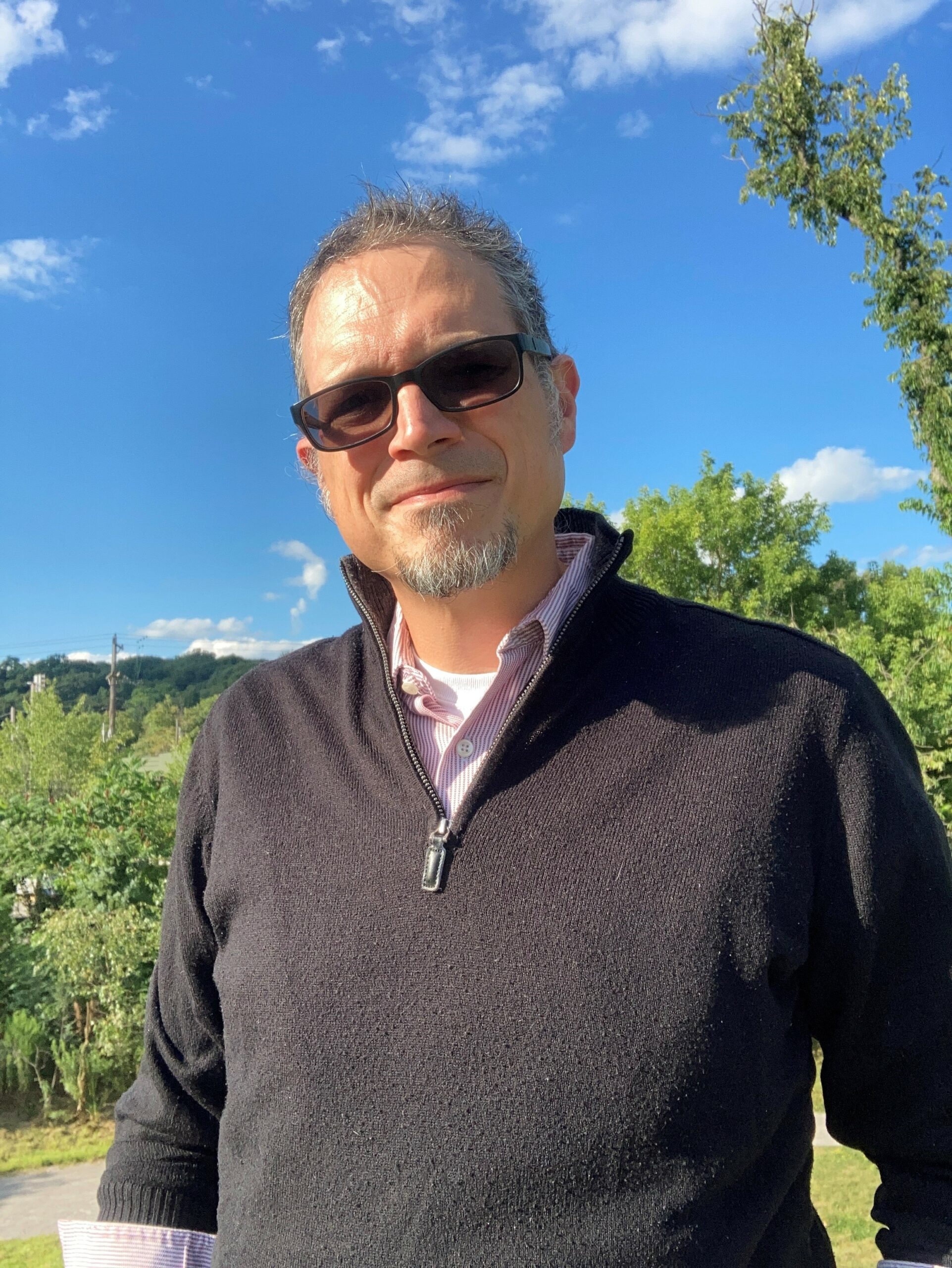
Mark Rebeiz
Mark Rebeiz (he/they) is an Associate Professor in the Department of Biological Sciences at the University of Pittsburgh. The Rebeiz lab studies the rapidly evolving three-dimensional structures of genitalia and the diverse patterns of body pigmentation in D. melanogaster and its close relatives. These systems are used to study the structure, function, and modification of gene regulatory networks which control trait formation.
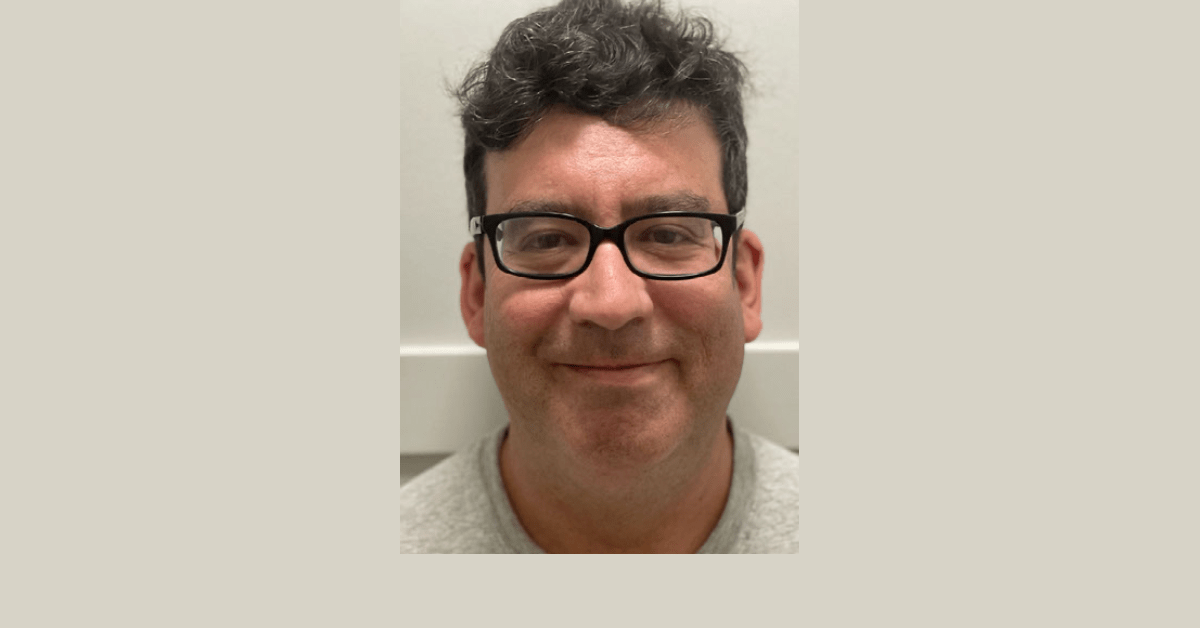
Guy Tanentzapf
Guy Tanentzapf is a Professor in the Department of Cellular & Physiological Sciences at The University of British Columbia, in Vancouver, Canada. His lab is interested in the roles cell junctions play in morphogenesis, tissue development, and homeostasis. His research group utilises a number of different models including embryonic muscles, the lymph gland, and spermatogenesis to study fundamental questions in cell biology, developmental biology, and stem cell biology. His lab specialises in combining the powerful genetic toolkit of Drosophila with quantitative high-resolution live imaging techniques, organ culture, and automated image analysis.


